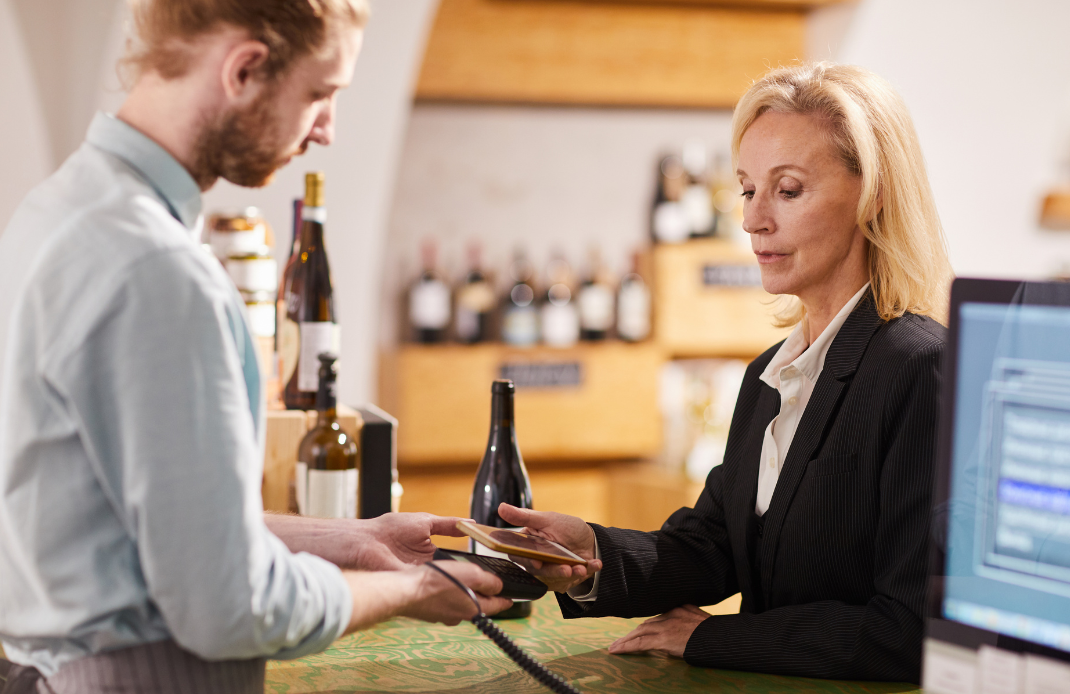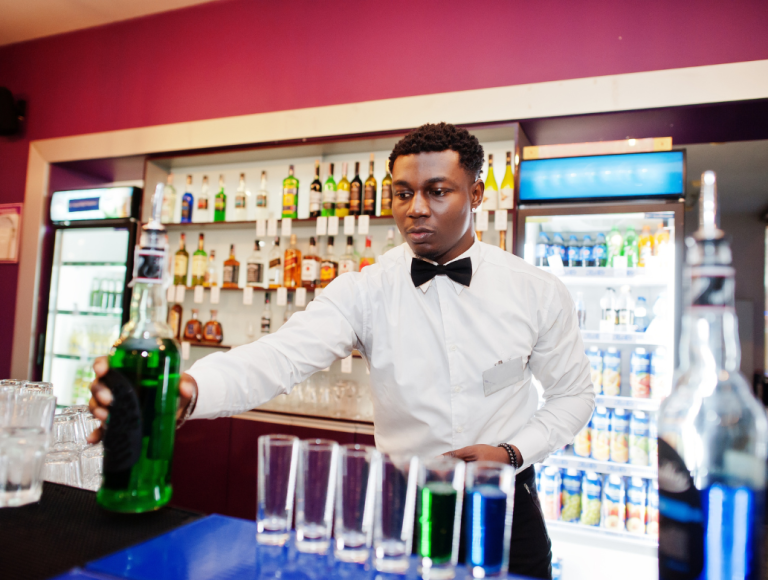One of the most important aspects of running a successful alcohol-serving establishment is ensuring responsible alcohol service. Businesses that serve alcohol must be aware of the risks associated with intoxication and take proactive steps to prevent potential legal and safety issues. When an establishment fails to control the amount of alcohol served to a customer, the consequences can be severe, ranging from lawsuits to criminal charges.
Employees play a crucial role in responsible alcohol service. Bartenders, servers, and managers must be trained to recognize when a patron has had too much to drink and know how to handle the situation appropriately. This includes refusing service to intoxicated customers, monitoring customer behavior, and ensuring that individuals who are visibly impaired do not leave the premises and drive. Some businesses implement policies such as providing free non-alcoholic beverages or food to intoxicated customers as a way to slow down alcohol consumption. Others partner with local transportation services to offer alternative ways for customers to get home safely.
Failure to implement responsible alcohol service policies can result in legal consequences under dram shop laws. If an intoxicated patron leaves an establishment and causes an accident, the business may be held liable for damages. This can lead to costly lawsuits, settlements, and even the revocation of a liquor license. It is important for businesses to document incidents where they have refused service to customers to protect themselves from potential legal claims.
The team provided expert advice, prompt responses, and a successful resolution. I couldn’t have asked for better representation
-Silver Gordon
Businesses should balance innovation with cost-effectiveness to maximize profitability. Developing a strong company mission and vision aligns strategies with long-term objectives. Ultimately, innovative business strategies enable companies to remain relevant, competitive, and successful in an ever-changing global market.





